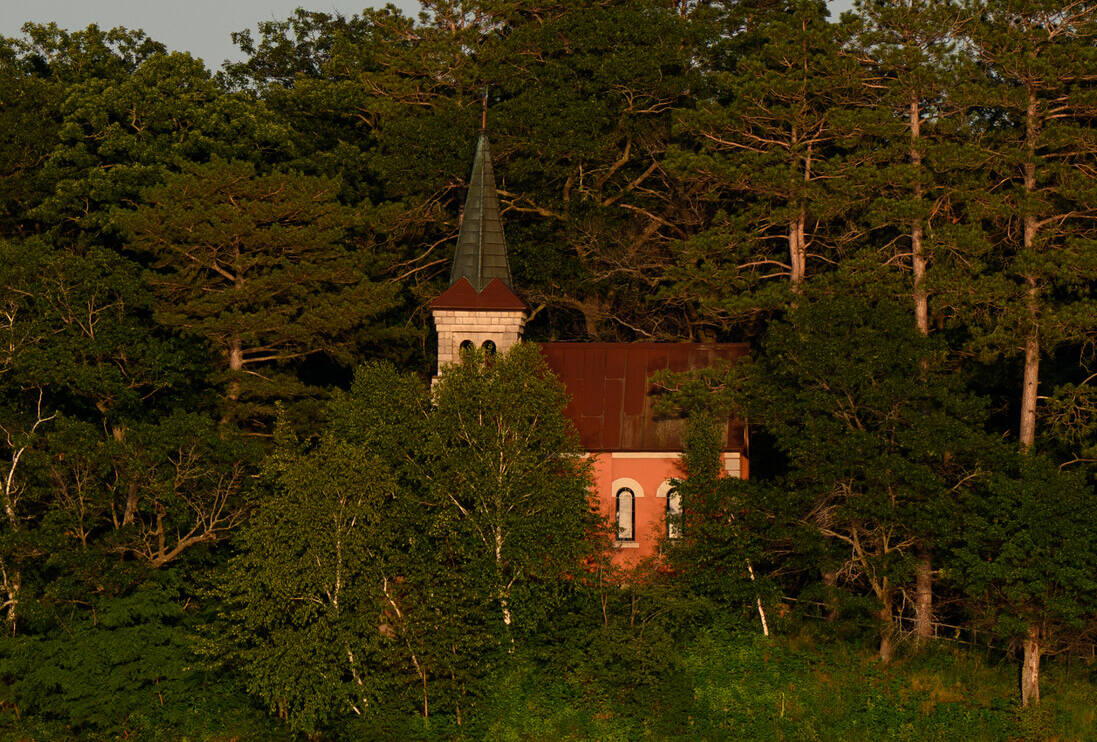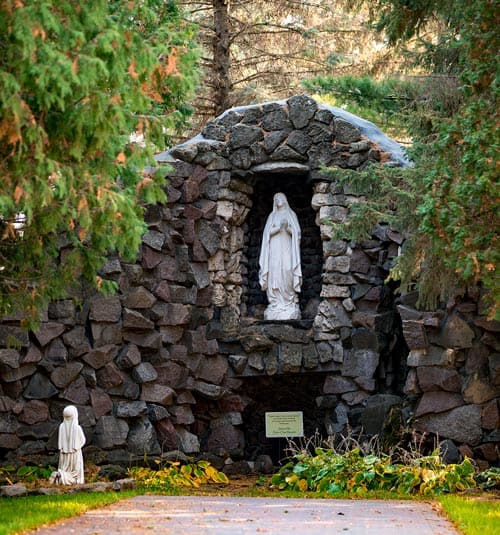 Home
Home
College of Saint Benedict and Saint John’s University
Catholic Intellectual Tradition

The Catholic intellectual tradition has developed over the centuries and has long held that truth is too vast for any one expression to fully encompass. It is a treasury of scriptural reflection, drama, literature, poetry, music, systems of philosophy, norms for living, as well as art, architecture, and science. It forms the whole person rather than the intellect alone. Catholic thought and tradition are always a potential aspect of our discussions and of our scholarly activities. They are carefully examined where they have a bearing.
As participants in the Catholic intellectual tradition, our schools are animated by a sacramental awareness of the ways in which the divine is manifest in the created world; in history, ritual, and imagination; and in the human heart. CSB and SJU extend an ecumenical hospitality to all who enter the intellectual community open to conversation with the Catholic Benedictine tradition. Catholic thought is not a perspective into which students are indoctrinated, nor are faculty limited in their academic freedom of inquiry and expression. To the contrary, the integrated perspectives of faith and reason enrich our pedagogy and scholarly discussions.
Those who stand in other faith traditions are no strangers here and are cordially invited to be witness to the truth as they see it. Likewise, we welcome those who do not consider themselves a part of any religious tradition, but who devote themselves with passion and integrity to their disciplines and to a transformative education of their students.
Catholic Values
There are several ways in which the Catholic identity can be seen in our institutions:
- The term “catholic” means universal and applies to a church that is both global and multicultural.
As the Catholic church becomes increasingly and genuinely global, our faith and identity must be continuously shaped and informed by the voices and viewpoints of these many cultures and world views. In practice, this means dedication to a study abroad program that includes countries from third world, and continued effort to recruit and welcome international students and faculty to our campuses. - Catholicism values social service.
We are called by Christ to love our neighbor as ourselves (Luke 10:27). This value is seen in our evolving traditions of service learning, service trips and the integration of topics such as social justice, social economics, and rural ministry into a variety of classes. - Catholic worship is sacramental and liturgical, involving the senses as well as the mind.
Our institutions evince this through the architecture and artwork on campus, through vigorous art, theatre and music programs and also through the presence of the churches and liturgical worship. - Catholicism values tradition.
Our curriculum remains rooted in the liberal arts, integrating our students into the larger community that includes those in the human family who have preceded us. The Catholic thought and tradition on many issues is always a potential aspect of our discussions and scholarly activities and is thoughtfully examined where it has a bearing. It is not a perspective into which students are indoctrinated, however, nor are faculty limited in their academic freedom of inquiry and expression.
